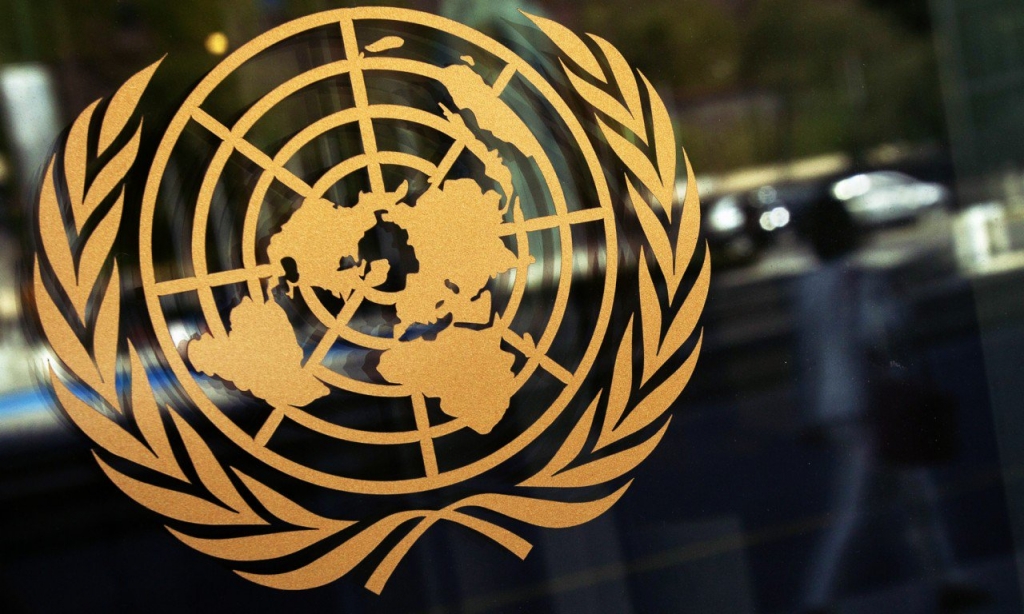Statement by Permanent Representative Vassily Nebenzia at the open VTC of UNSC members on the situation in Yemen
Mr. President,
We welcome participation of the Foreign Minister of Yemen in this VTC. We thank Special Envoy Martin Griffiths for his review of efforts that are taken to converge the positions of Yemeni sides and plans to resume negotiation process. There are few reasons for optimism, we understand this. However, we call on the Special Envoy not to lose hope and stick to his efforts, while we will render assistance and support to him.
We also thank Under-Secretary-General Mark Lowcock and WFP Executive Director David Beasley for their sober and zealous, yet, unfortunately, little inspiring briefings about the humanitarian situation in Yemen. I believe the reason for that is clear.
This session of the Council is taking place against the backdrop of dangerous escalation in Yemen. We strongly condemn the attack in the international airport of Aden. So far no one has claimed responsibility for this crime that killed lots of people. We convey our heartfelt condolences to the bereaved and stand for conducting an objective investigation of this attack. The guilty have not been found yet, and experts, i.a. in Yemen, put forward various versions.
At the same time, we hear accusations of one particular side that sound like ultimate verdict. Concepts of the “highly likely” type do not work for us and are unconvincing. Making such allegations while having no meaningful evidence to support them can only complicate the search for a peaceful settlement and put the sides on a confrontational track. The US decision that recognizes “Ansar Allah” as a terrorist organization also can have destructive effects on the peace process in Yemen. It may both aggravate the humanitarian situation in the country and undermine UN efforts aimed at launching negotiations of the opposing sides. Since the decision has not come into force yet, we call on the US to reconsider it.
We are standing at a crucial juncture. If we make irreparable mistakes now, it will jeopardize eventual settlement and reverse many-year-long efforts at this track.
Current developments underscore the need for prompt comprehensive political settlement, i.a. in the interests of countering terrorist threat. Once again we reiterate our standing and unchanging position in favor of putting an end to armed action in Yemen and starting inclusive negotiations. Numerous contradictions that exist in Yemen, including the issue of its political and territorial structure, can only be resolved through inclusive dialogue that should account for legitimate interests of all leading political forces of the country.
We again reiterate our full support for SESG Griffiths as he works to establish countrywide ceasefire, develop confidence-building measures for prompt launch of negotiations of the consolidated delegation of official Yemeni authorities and Southern Transition Council with the leadership of “Ansar Allah” to address issues of future political structure of Yemen. On our part, during our contacts with interested stakeholders, we will continue supporting UN mediation in Yemen. We are convinced that the Security Council should not take sides, but rather give a hand to the Special Envoy, help the sides terminate the armed conflict, i.a. by creating constructive environment for inter-state relations in the region. As for the remaining issues, Yemenis will be able to solve them in the course of negotiations.
In this regard, we welcome formation of a new coalition government of the Republic of Yemen – the first one to include representatives of Yemen’s southern regions. This important step toward practical implementation of the Riyadh Agreement was negotiated at the talks of official Yemeni authorities and the leadership of Southern Transitional Council that took place in Riyadh. In this regard, we commend the role of Saudi Arabia and the United Arab Emirates who greatly contributed to elaborating these agreements. We count on continuing implementation of the Riyadh Agreement, as this document is aimed at stabilizing and normalizing the situation in the country’s south.
Mr. President,
Yemen is generally recognized to be home to the largest humanitarian crisis in the world. Therefore, humanitarian assistance to this country must be a priority of our joined work. In this context, we call on the donors, i.a. from the region, to enhance the required financial support for UN programs providing basic assistance, including those ensuring food security of the population, access to clean water and medical services that are so much needed amidst COVID-19 pandemic. We remind that humanitarian assistance that comes to Yemen from abroad must be distributed on a non-discriminatory basis among the entire population of the country. We once again call to reject unilateral steps that hinder the work of humanitarians and negatively impact the international efforts to settle the Yemeni conflict.
Political settlement in Yemen would make a big contribution to de-escalation in the entire sub-region. We again invite our colleagues to pay attention to the need for comprehensive stabilization in the Persian Gulf area, i.a. on the basis of UNSC resolution 598, and national initiatives, including the Russian collective security concept.
Thank you.
